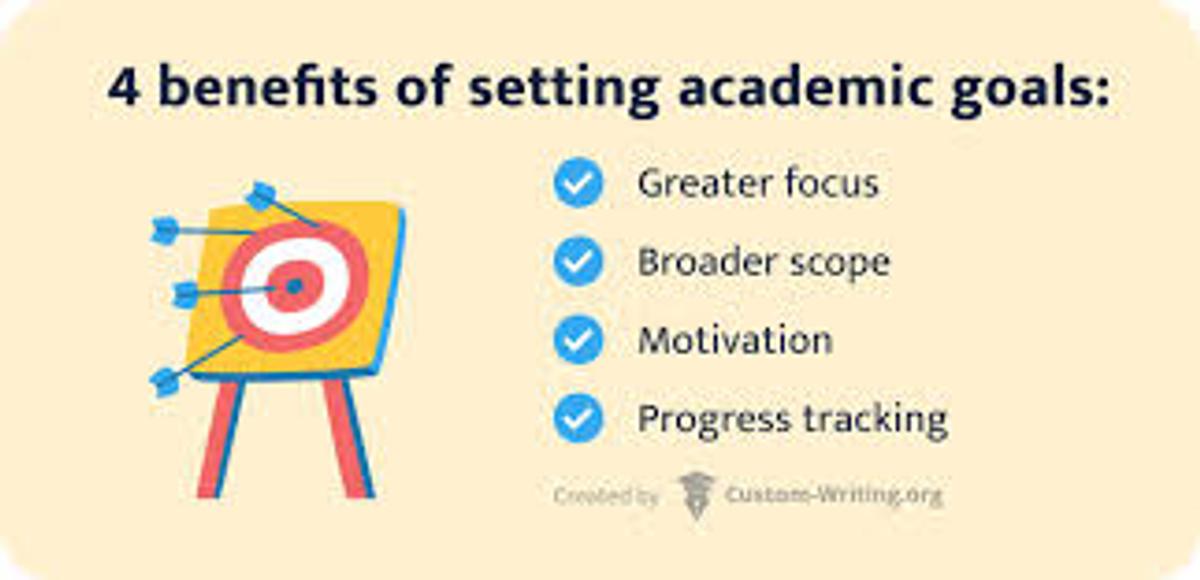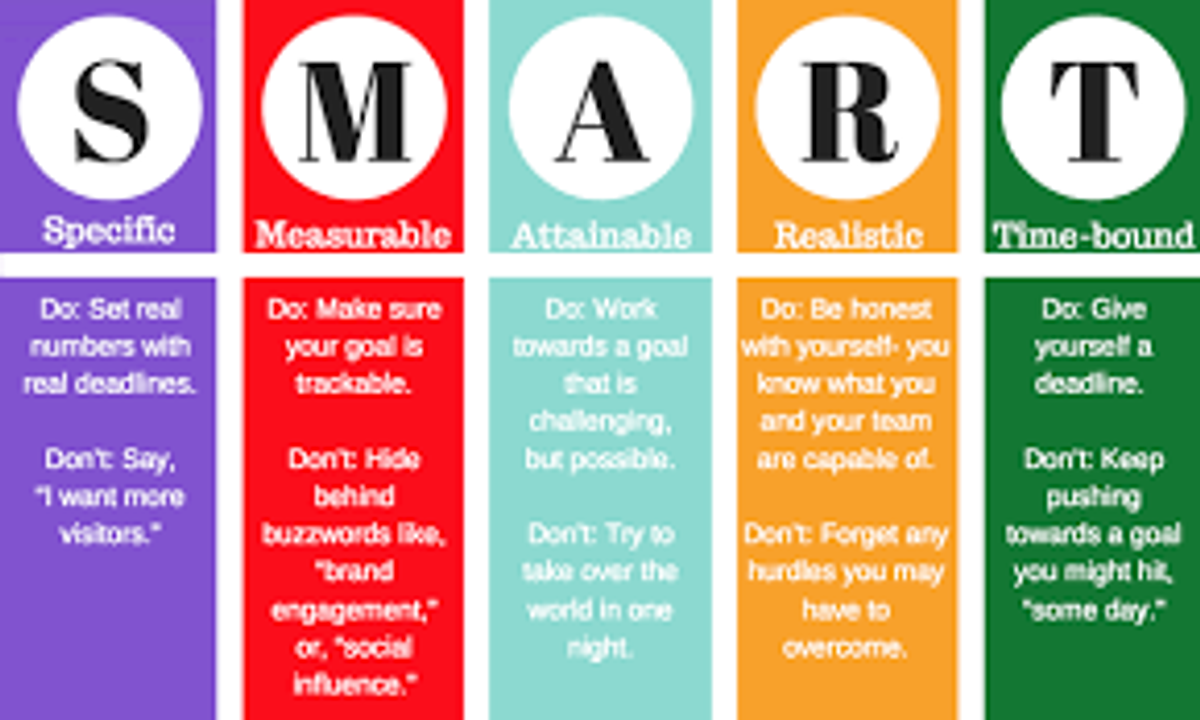HEALTH &
WELLBEING CENTRE
News from college counsellors Br Roger Vallance FMS,
Ms Marijke Keller and Sacha Donaldson RN

HEALTH &
WELLBEING CENTRE
News from college counsellors Br Roger Vallance FMS,
Ms Marijke Keller and Sacha Donaldson RN
We have had several confirmed cases of skin conditions at the College recently, such as boils, impetigo (school sores) and other soil-borne bacterial infections. Due to our tropical conditions, the return to school, sharing of items and poor hygiene practices, infections are more prevalent at this time of year.
Some of these conditions are highly contagious and spread rapidly within a school. To prevent skin infections students are encouraged to:
NOTE: If you suspect your son has impetigo he must stay home until he completes a 24-hour antibiotic treatment as per Queensland Health guidelines.
There has also been a rise in respiratory infections such as influenza, RSV, Covid and other viral conditions within the general community and in our school. As well as general hygiene measures, specific measures to prevent the spread of infections in the school include keeping you son at home if he's unwell.


As a parent or carer, the best way to ensure your son is successful this year is to help him identify and set some educational goals. But, knowing how to set goals is just a part of it. First, it’s crucial to explain to him why goal setting is essential.
What are educational goals?
Ask your son to think of what he’d like to accomplish this year? If he’s in Year 7, he may like to think about mastering his organisation each morning before school (what books to pack in his bag, is his laptop charged? Does he have PE?)
On the other hand, if your son is a senior, his educational goals may include a choice between gaining experience in his field of interest or increasing his results to improve his ATAR.
Either way, these educational goals are declarations that refer to his abilities, skills and qualities he intends to acquire once his studies or part of his studies are complete.


Why setting educational goals is important
Life isn’t easy. As your child completes his education, he’ll find obstacles in his path. And those obstacles may cause him to lose his way without clearly defined goals. Focusing on a defined target will help him continue his commitment to progressing towards, and ultimately achieving, his goals even if someone tries to talk him out of them. Goals not only provide motivation but may also ensure he stays the course when the going gets tough.
How to set educational goals
SMART goals work. SMART stands for specific, measurable, achievable, relevant and time-bound.


Specific goals are clear, defined, easy to understand and unambiguous. Measurable means goals are set so that you can track your progress toward them. Achievable goals are those that, while they may stretch you they are not unreachable. Relevant goals are realistic regarding your purpose, in this case, as they relate to your education. Time-bound means when you set the goal, it is not open-ended and ongoing; you need to have a start and a projected end date.
Here are some examples of popular and useful educational goals to discuss with your son. Not all will appeal to him so search and find those that do.
1. Improve on last year’s results
NB: Raising your grades can be an ambiguous goal unless you phrase it more specifically. First, define and then write down the steps you need to take to raise your grades. Understand what they are currently and what it will take to raise them.
2. Improve your assessment/exam skills
Write down what you intend to do before and during tests, such as mentally preparing, including adequate study and focusing on keywords in the test questions.
3. Take better notes
The benefits are two-fold: taking notes in class enables you to remember what you’ve heard and taking notes to review will give you a better comprehension of the material.
Define what needs to be notate. E.g. Only take notes on the main points your teacher makes. Listen for clues as to the notes you need to study; a teacher may indicate if the material will be on a test. Also, underline or highlight the essential points, and notate any references if you need to look up information about a subject.
4. Learn emotional control
Ask your son, “Have you heard the term “emotional intelligence"? Talk about the awareness of emotions and how this is the first step toward learning to control them. Look at the impact of your feelings in the past. When you feel emotions rising, take a moment to think through the problem and determine the most appropriate action to take rather than letting your initial emotions dictate your actions.
5. Develop a positive outlook
Help him surround himself with positive friends. Next, celebrate every small success. Be grateful for the small victories: each time he walks into class on time, and each time he meets another goal. Finally, feed his mind with positive affirmations daily.
6. Exercise
Use a daily planner to schedule regular exercise. Make it a priority as you would any appointment, knowing it is vital for physical and mental health as well as helping meet educational goals.
7. Eat healthy food
A healthy diet will help him have more energy, optimal brain function and a robust immune system. This means he’ll also miss fewer days of school due to sickness.
8. Attend every class
Make attending classes a priority over other activities, no matter how tempting.
9. Decrease screen time
Limit the time he use screens, for whatever reason, whether it’s his mobile device, tablet, computer or TV. This can help him meet his goals, such as improving sleep, decreasing headaches and giving him the time and focus to tackle obstacles or problems.
10. Improve memory
This may be one of the most important gifts your son can develop for his education and life. Improving memory can improve focus on tasks, efficiency as a learner and optimise study time.
Repetition can help when memorising information before assessments. Not just reading material several times but reading it aloud can give a better understanding of it and a better chance of retaining the information. Group pieces of information together that relate to each other.


Helpful phone apps for teenagers
We recommend two worthwhile apps from the Black Dog Institute. They are highly recommended and suitable for adolescents, developed in Australia and based on adolescent experiences.
This is an evidence-based app for teenagers who experience sleep issues. It is free for either iPhone or Android. A fact sheet is available here.
This is designed to support young people who are having a tough time. The experience might be depression or prolonged sadness, anxiety or simply feeling overwhelmed. This is a free download for either iPhone or Android.
Health and wellbeing contact details
Sacha Donaldson RN sdonaldson@cns.catholic.ediu.au 07 4052 9132
Ms Marijke Keller mkeller@cns.catholic.edu.au 07 4052 9134
Br Roger Vallance fms brroger@cns.catholic.edu.au 07 4052 9133
General email sac.counsellor@cns.catholic.edu.au (a copy is sent to each counsellor)